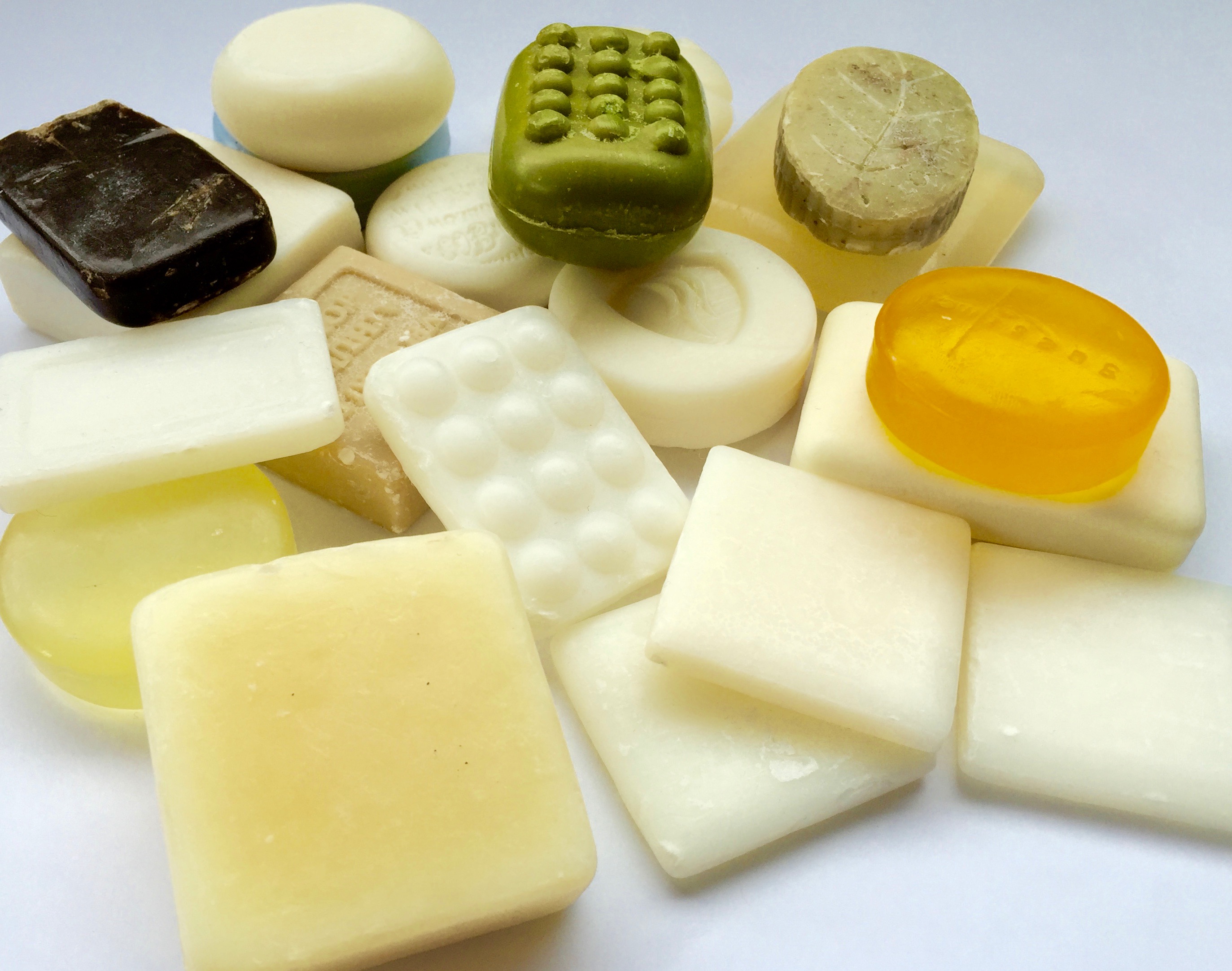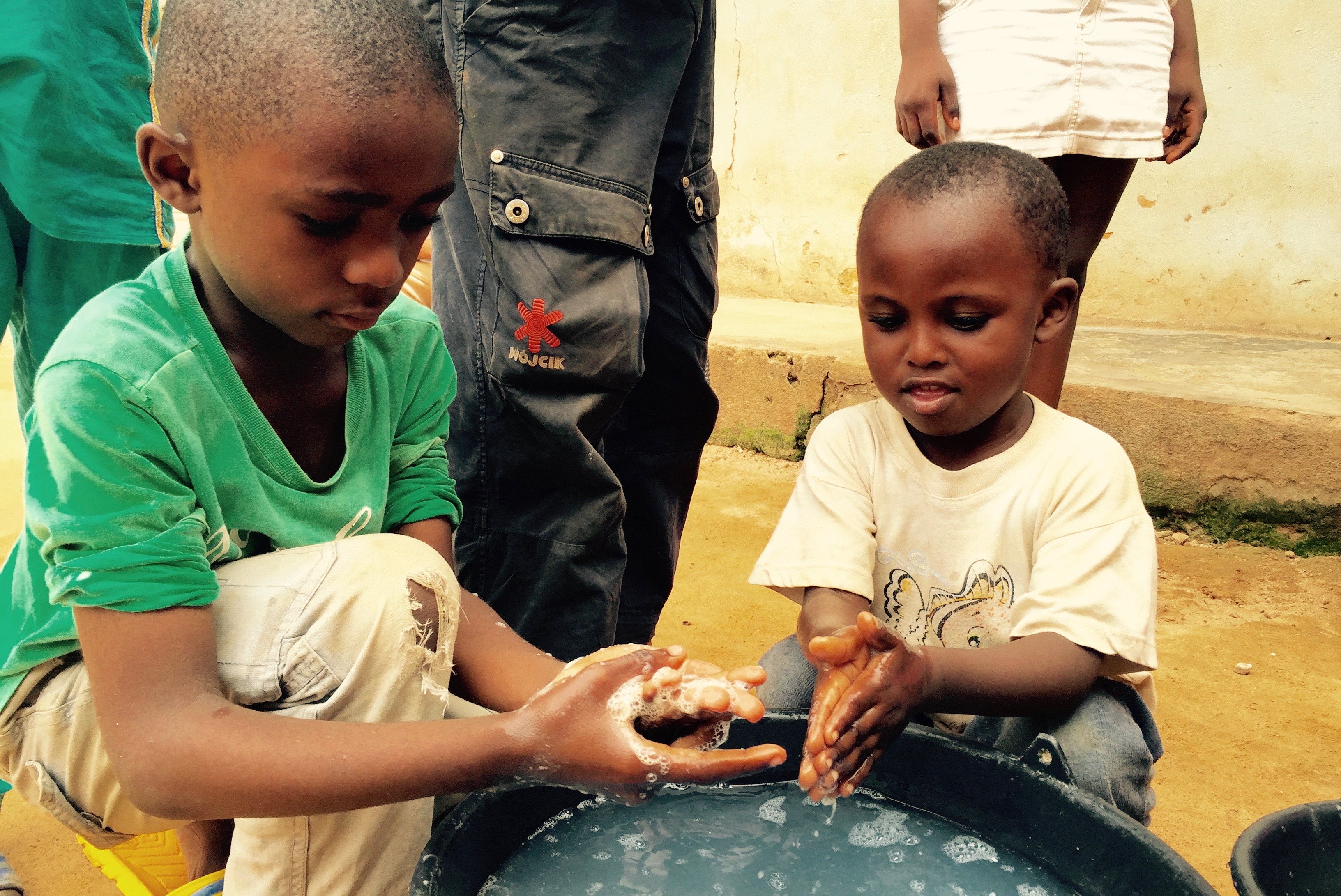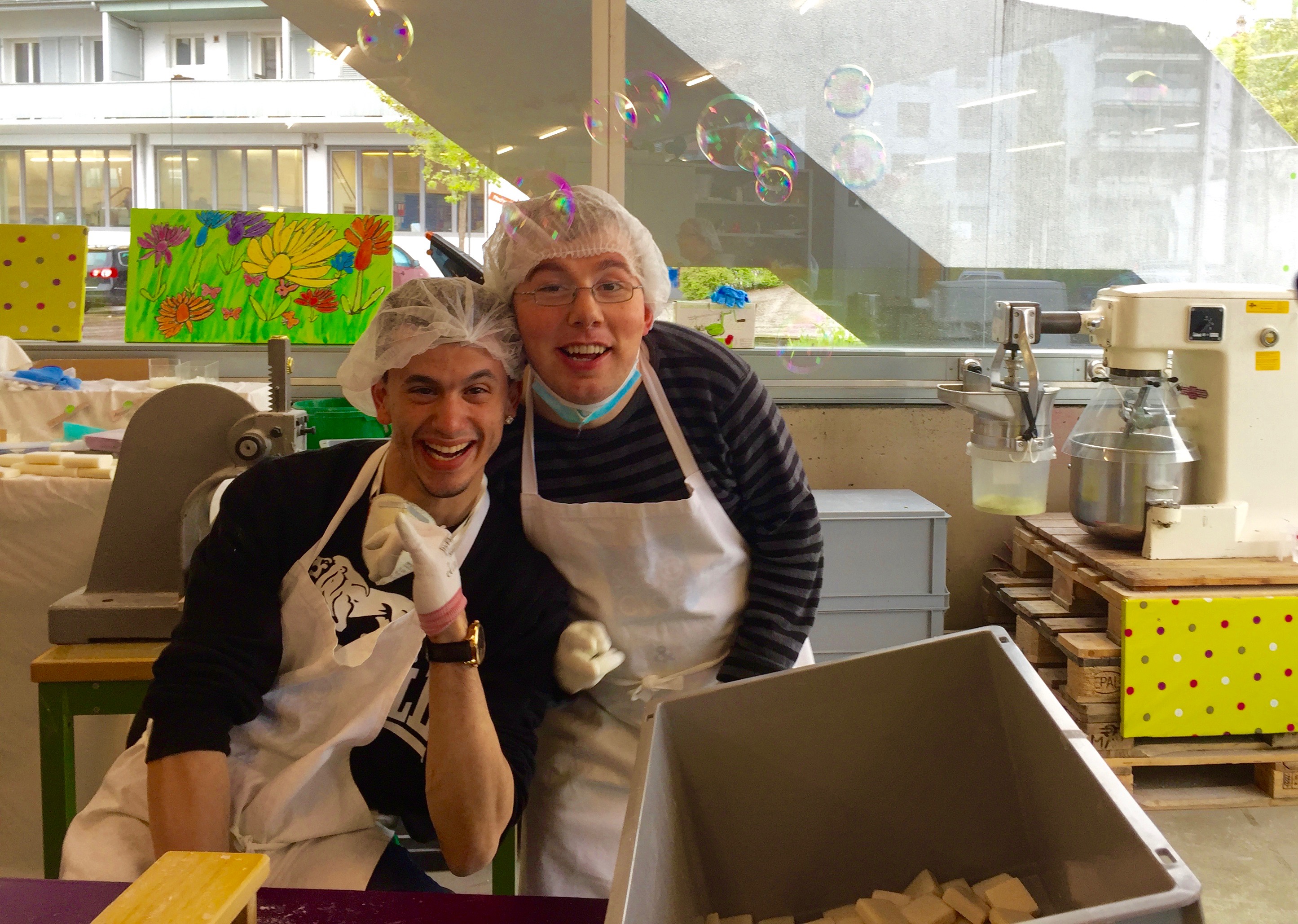The miracle of soap
Today more than ever, we are all too aware how important it is to have proper hand hygiene. Disinfectant has been sold out for weeks. The tried and trusted method of cleaning with soap is therefore making a comeback. Soap truly works miracles against viruses and bacteria. Washing your hands regularly and thoroughly can greatly slow down the spread of a virus, such as the novel coronavirus. SapoCycle is a Swiss non-profit organisation, which not only works to improve levels of hygiene, but also makes an important contribution to environmental protection and social integration.
We are more acutely aware than ever: washing your hands thoroughly and regularly provides an effective defence against viruses and bacteria. It reduces the number of pathogens by around 90% and greatly lowers the risk of acute respiratory tract infections or diarrhoea, for example. This also applies to the COVID-19 coronavirus. This is because a virus consists of proteins and genetic material, enveloped in a protective membrane of lipids. Soap contains fat-like substances that are structurally very similar to the lipids in the membrane. Soap reacts with receptors on the virus and breaks down its protective membrane. To do this effectively, however, the soap must be given enough time to act. The desired result is only achieved by soaping, rubbing and rinsing thoroughly – not forgetting the backs of the hands, the wrists, between the fingers and under the fingernails. Experts therefore recommend each time you wash your hands to do so for at least 20 seconds to remove pathogens.
Soap is just as effective as disinfectant, which for its part is useful when thorough handwashing is not possible, for example when there is a lack of time in medical facilities, or when no water is available.
Used soap saves lives
Soap is therefore one of the most efficient and cost-effective means of combating the spread of serious infections and reducing the mortality rate. And yet worldwide, millions of life-saving bars of soap are thrown away every year just by hotels. It is estimated that around 150 tonnes of used hotel soaps are discarded annually in Switzerland alone. The SapoCycle project in Basel has declared war on this wastage: it collects used hotel soaps in Switzerland and France and turns them into new bars of soap.
SapoCycle has long-term arrangements with hotels, with about 120 Swiss hotels participating in the 'Bubbles saving lives' programme, and the number rising every week. The recycling of soap raises awareness of upcycling, which involves the creation of new products with the same or even higher value than the previously discarded items.

More than 125,000 new bars of soap have already been produced. This not only reduces the amount of waste, but also represents a considerable reduction in CO2 emissions. According to a study by the University of Applied Sciences and Arts Northwestern Switzerland (FHNW), recycling soap requires ten times less CO2 than conventional waste management.
The newly produced soaps are distributed both within Switzerland and worldwide to various relief organisations that help people in need. In Switzerland, the 'Tischlein Deck Dich' association distributes the soap to people living in poverty. Internationally, the soap is sent to regions with inadequate levels of hygiene or to crisis areas. In cooperation with the Swiss Red Cross, for example, refugee camps in Bulgaria and hospitals in Syria are supplied with soap from Switzerland thanks to the Volunteers for Humanity association.

A sense of community
SapoCycle also raises awareness of social responsibility. Not only does the hotel management actively participate in this ecological awareness programme, but hotel guests too are made aware of this action.
The NGO is also involved in the social integration of disadvantaged persons: for five years now it has been working with the WohnWerk foundation in Basel, where people are provided with sheltered employment. The foundation's work is devoted to the professional reintegration of people with intellectual disabilities.

The used soap is collected from the respective hotels and handed over to the social institution for processing, where it is sorted, cleaned, ground and heated, and is then subjected to a bacteriological test. The recycled bars of soap are then distributed to charitable organisations.
SapoCycle is a Swiss project that combines an ecological commitment with a social and humanitarian one. Simple but effective!




